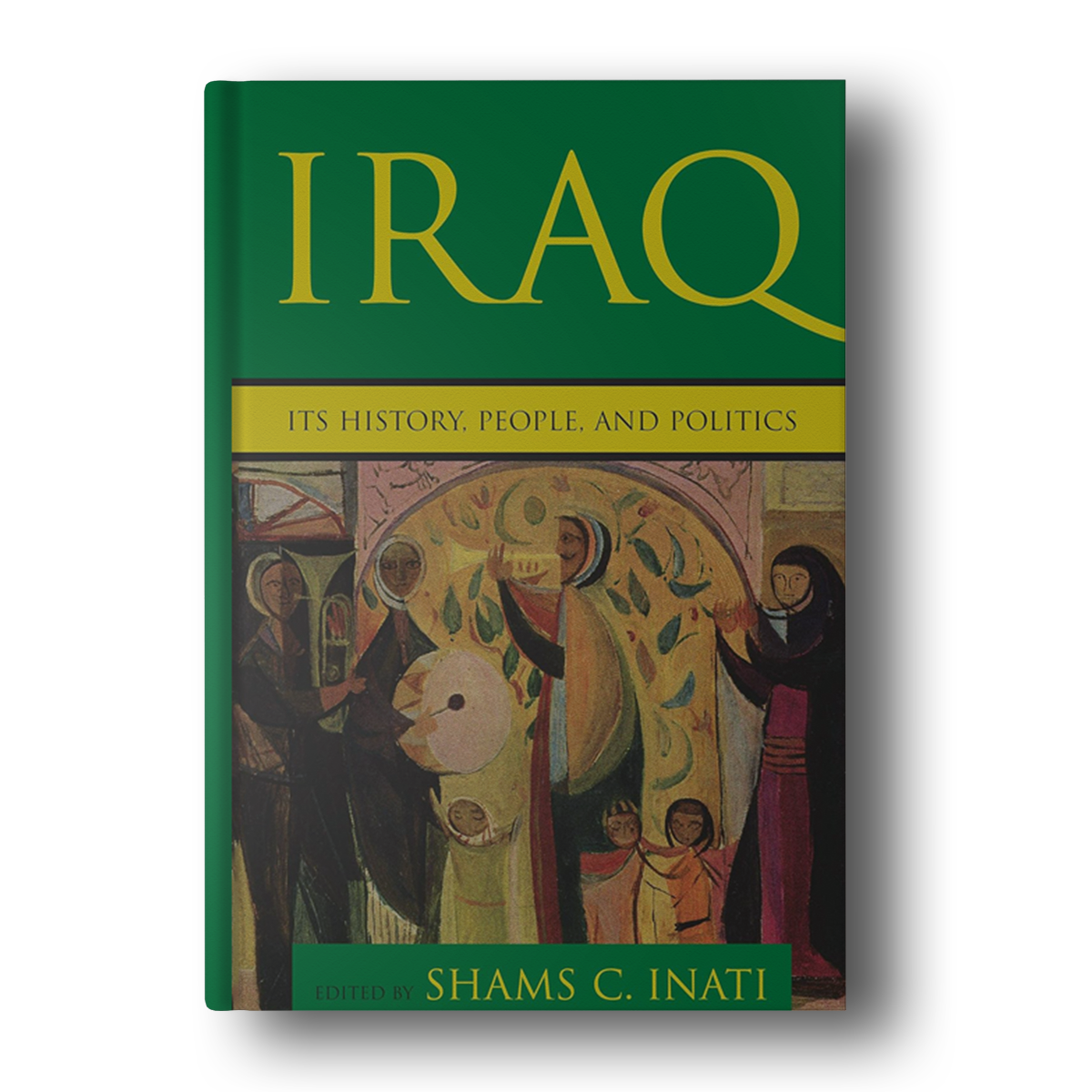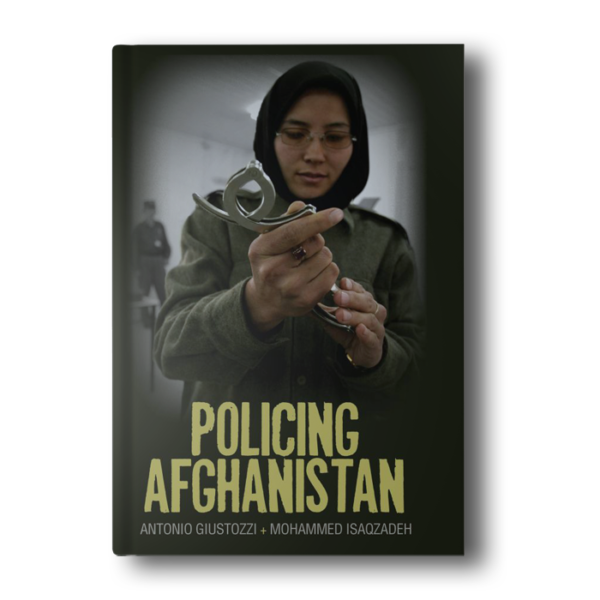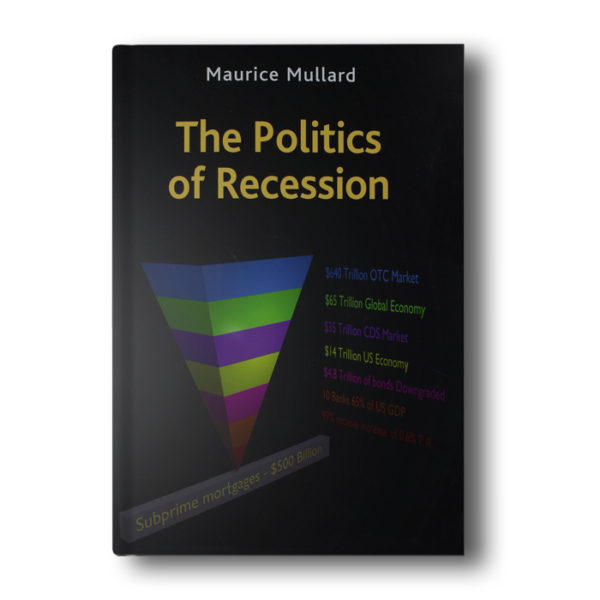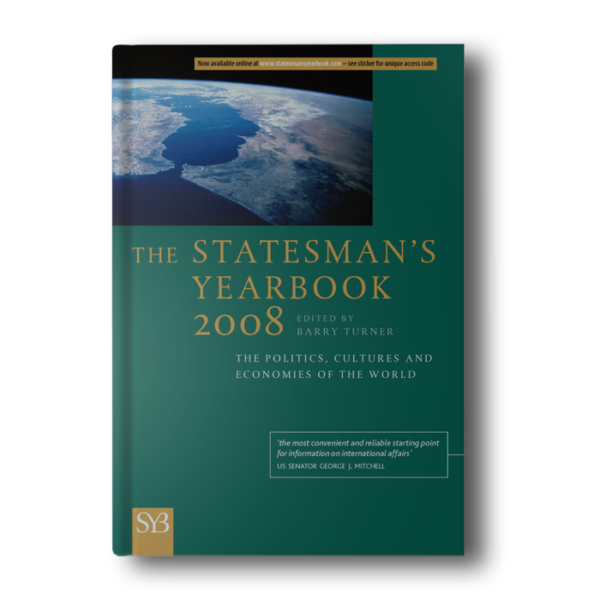Despite massive U.S. involvement in Iraq, average Americans really know very little about Iraq or its people. Lost in the daily reports of warfare is any objective information about the daily lives of Iraqis, their ethnic diversity, their rich cultural heritage, and their incredibly ancient history stretching back five thousand years to Mesopotamia, the cradle of world civilization.
This book attempts to add some balance and depth to the misleading, superficial image of Iraq created by the media focus on the war. The contributors, all specialists in Middle Eastern studies and affiliated with a variety of well respected universities (Villanova University, University of Chicago, Dartmouth, University of Paris, and others), have written interesting and informative,
yet nontechnical articles designed to be accessible to a wide circle of readers, including nonspecialists. The work is divided into five parts. Part I deals with the history and civilization of Iraq, addressing the three most significant aspects: Iraq’s magnificent archaeological heritage, reaching back to ancient Mesopotamia; medieval Baghdad (which, among many other achievements, transmitted Greek philosophy to the West); and Iraq’s complex and fascinating modern history.
Part II takes up some essential aspects of the culture: art, music, and literature. In these fields, Iraq played and continues to play a highly important and influential role both in and outside the region.
Part III focuses on a few religious and ethnic communities (Christians, Jews, Shiites, and Kurds), whose history and role in the country have been the subject of confusion and misinterpretation, especially in the West. These specific communities are discussed in the context of the Arab majority and in relation to other important religious and ethnic sects, such as the Sunnis, Turkomen, Mandeans, and Yazidis.


![Iraq in Fragments: The Occupation and Its Legacy (Crises in World Politics) [Hardcover]](https://booksandbook.com/wp-content/uploads/2023/11/Iraq-in-Fragments-The-Occupation-and-Its-Legacy-Crises-in-World-Politics-Hardcover-600x600.png)
![Islam and AIDS: Between Scorn, Pity and Justice [Paperback]](https://booksandbook.com/wp-content/uploads/2023/11/Islam-and-AIDS-Between-Scorn-Pity-and-Justice-Paperback-600x600.png)











Reviews
There are no reviews yet.